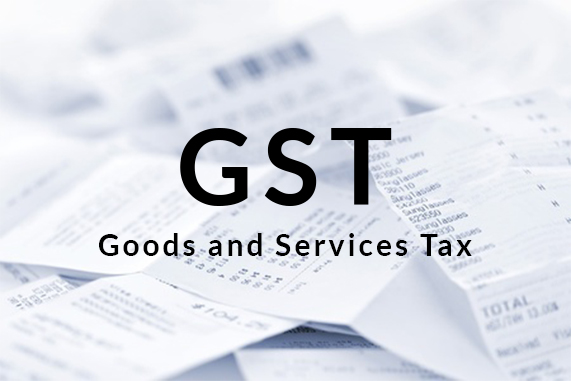
The GST collection dropped below the Rs 1-lakh-crore mark in the month of June 2019. The total revenue collection under the indirect tax regime for past month totaled to Rs 99,939 crore.
Out of the GST sops for June, CGST was Rs 18,366 crore, SGST was Rs 25,343 crore, IGST was Rs 47,772 crore (including Rs 21,980 crore collected on imports) and Cess was Rs 8,457 crore (including Rs 876 crore collected on imports). The total number of GSTR-3B Returns filed for the month of May up to 30th June, 2019 was 74.38 lakh.
The GST collection figures have dropped below the Rs 1 lakh-crore mark for the first time in the current fiscal. The indirect tax revenue for the month of March 2019 was Rs 1,06,577 crore, Rs 1,13,865 crore in April 2019, and Rs 100,289 crore in May 2019. The trend had raised hoped that Rs 1 lakh crore in GST collections might become the norm soon.
The GST revenue in June 2019 was 4.52 per cent higher than Rs 95,610 crore recorded in year-ago period during June, 2018. Moreover, the GST revenue in June, 2019 amounts 1.86 per cent higher than the monthly average of GST revenue in FY 2018-19 at Rs 98,114 crore.
Last month, headed by Finance Minister Nirmala Sitharaman, the GST Council met for the first time after the Modi government returned to power. The all-powerful council extended the tenure of the National Anti-profiteering Authority by two years till November 2021 and allowed use of Aadhaar as proof for obtaining GST registration. The matter of tax cut on electric vehicles and their chargers was sent to the fitment committee for further consideration.
In its previous meeting, the GST Council also approved imposing a penalty of up to 10 per cent of the profiteered amount on entities for not passing on benefits of GST rate cuts to consumers, as opposed to the current norm of levying a maximum fine of Rs 25,000.
The panel also extended the date for the filing of annual Goods and Services Tax (GST) returns for 2017-18 fiscal by two months till August 30, 2019. Also the date for barring non-filers of GST returns for two consecutive months from generating e-way bills for transporting goods has been extended by two months till August 21, 2019.
The Council also approved the rollout of an electronic invoicing system on a pilot basis from January 1, 2020, after the Centre shared details relating to the generation of fake invoices with the states. As per the proposal, entities with a turnover of more than Rs 50 crore will be required to generate electronic invoices on a government portal for B2B sales.
The Council also made it compulsory for GST-registered multiplexes to issue e-tickets, and also decided to seek Attorney General opinion on the issue of GST rate on lotteries.
On rationalisation, Sitharaman cleared the air that the emphasis is on simplification and every state was on board that simplification is the route through which we should approach the whole thing and the objective should be towards simplification.


